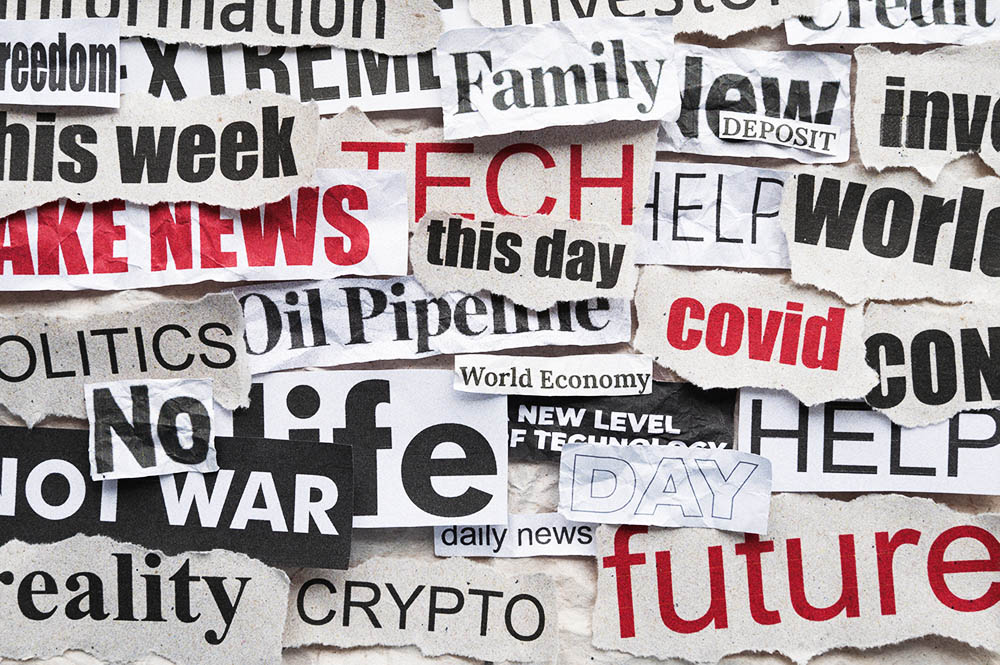Media has always played a vital role in our daily lives as a primary source of information. The way we consume news and entertainment has changed drastically over the years, but the importance of media in empowering the masses remains unchanged. Media not only provides information but also shapes our thoughts and opinions, making it a powerful tool in the hands of those who control it.
The changing landscape of media
The advent of the internet and social media platforms has brought about a paradigm shift in the media industry. News is no longer limited to print and television, and anyone with a smartphone and internet access can be a media influencer. The rise of citizen journalism has given people the power to report news and events as they happen, without the need for traditional media gatekeepers.
This has democratized the media landscape, bringing a diversity of voices and perspectives to the forefront. However, this accessibility has also given rise to fake news and disinformation, making it harder for people to discern the truth from the lies.
Media as a tool for empowerment
Information is power, and media is the primary means of disseminating it. Access to information empowers people to make informed decisions, hold those in power accountable, and advocate for their rights. The media, therefore, has a critical role to play in empowering the masses, especially those who are marginalized and oppressed.
In many countries, the media is controlled by the government or a few powerful corporations, which often use it to push their agenda and suppress dissenting voices. However, there are also examples of media outlets that have risen above the fray and used their platform to empower their audience.
For instance, in Zambia, the radio station Hot FM dedicates a significant portion of its airtime to empowering women and promoting their rights. The radio station runs programs that address issues such as gender-based violence, access to education, and economic empowerment, providing women with the tools and knowledge they need to take charge of their lives.
Similarly, in India, the news portal Khabar Lahariya is run and managed entirely by women from rural areas, who report on local news and events that are often ignored by mainstream media. By giving these women a platform to share their stories, the news portal is not only empowering them but also shining a light on the issues faced by rural communities.
The dark side of media
While media has the potential to empower the masses, it can also be used to manipulate and control them. In countries where the media is tightly controlled, the government often uses it as a tool to spread propaganda and silence dissenting voices. This is particularly true in authoritarian regimes, where the media is used to justify human rights abuses and suppress opposition.
Even in democracies, media outlets with a particular bias can shape public opinion and sway elections. The rise of fake news and disinformation has only made this problem worse, as people are increasingly likely to believe misinformation that confirms their pre-existing biases.
Tips for empowering yourself through media
Despite the challenges, media can still be a powerful tool for individual empowerment. Here are some tips on how to use media to empower yourself:
1. Diversify your news sources: Don’t rely on a single news source for your information; instead, follow a variety of outlets with different perspectives. This will help you get a more well-rounded view of the issues.
2. Fact-check information: Before sharing a news story on social media or with friends, take the time to fact-check it. Use reputable fact-checking sites such as Snopes or FactCheck.org to ensure that the information you’re sharing is accurate.
3. Participate in the media: If you have a story to tell, don’t wait for someone else to tell it for you. Use social media or start a blog to share your experiences and perspectives.
4. Hold the media accountable: If you come across a news story that is inaccurate or biased, call it out. Write to the media outlet or post a comment online to let them know that you expect better.
Conclusion
Media has the power to shape our thoughts and opinions, and as such, it has a critical role to play in empowering the masses. While there are challenges to this empowerment, including media bias and disinformation, there are also opportunities for individuals to take charge of their own narratives and tell their own stories. By diversifying our news sources, fact-checking information, participating in the media, and holding it accountable, we can maximize the potential of media to empower ourselves and those around us.
